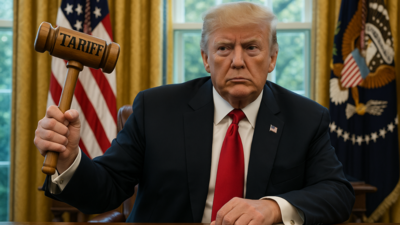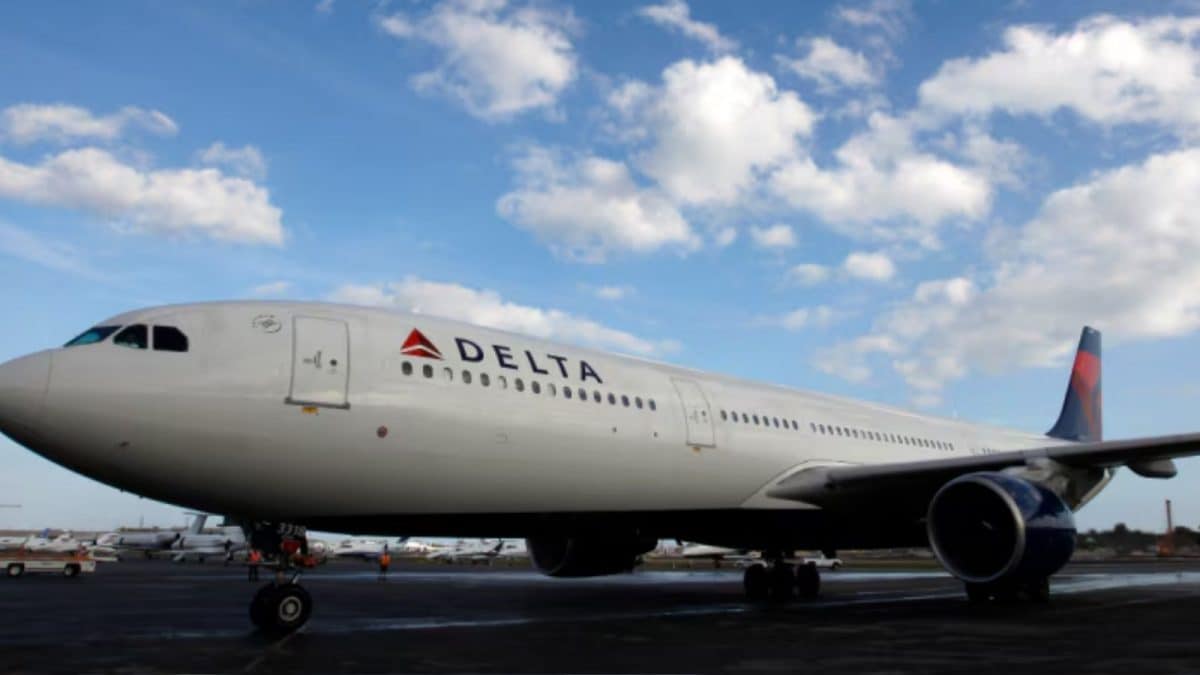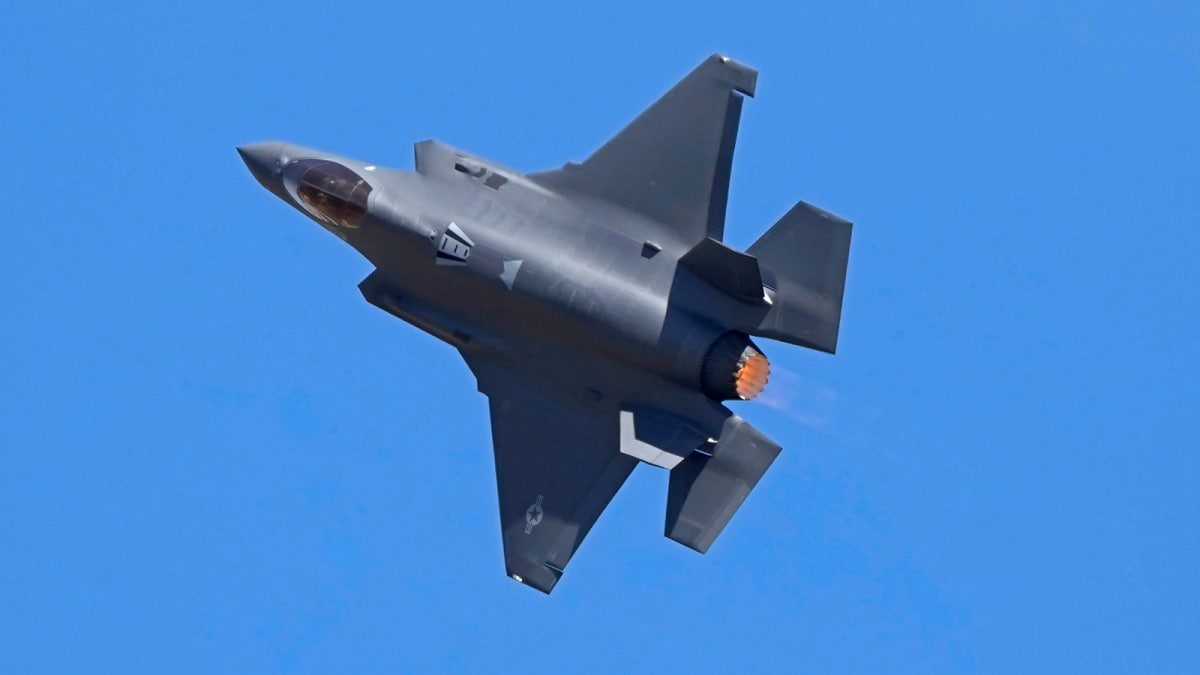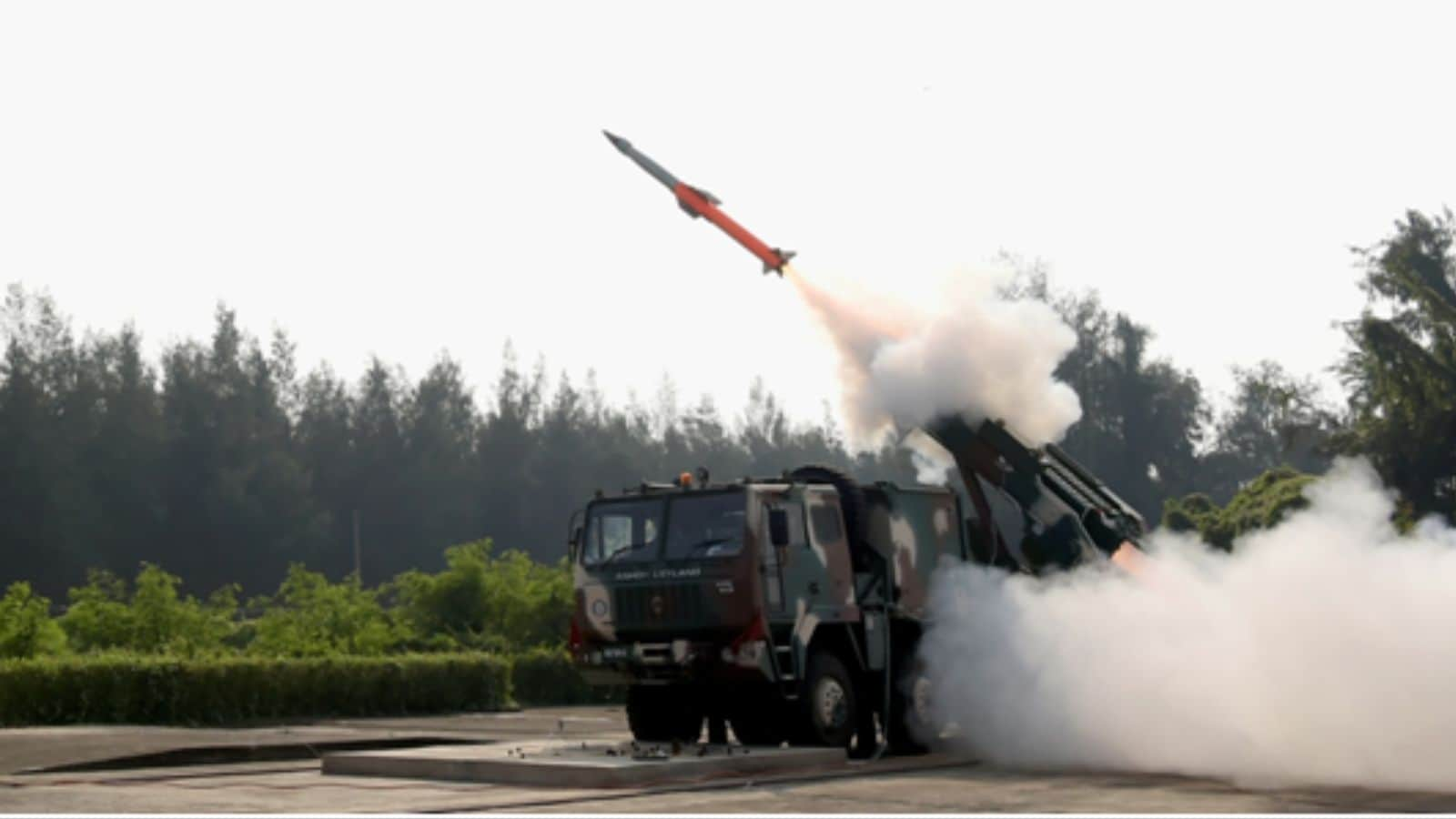ARTICLE AD BOX

President Donald Trump has pushed ahead with a sweeping set of new tariffs on imports from dozens of countries, including Canada, China and the European Union, as part of what he calls a mission to “make America GREAT & RICH Again.
” While some nations have negotiated lower rates, others are now bracing for significant increases on key exports. Consumers, meanwhile, are already beginning to feel the effects in their grocery bills, wardrobes, and housing costs.Trump insists the tariffs will bring “billions in revenue” and incentivise domestic manufacturing. But as BBC reports, critics warn that the fallout could spark inflation, worsen trade tensions, and raise prices across several sectors.
Clothes, cars and coffee to cost more
- The US has slapped tariffs of up to 50% on imports from countries like China, Vietnam and Brazil, directly affecting items like apparel, coffee and vehicles.
- BBC reported that clothing prices are expected to surge by up to 37%, according to Yale’s Budget Lab. Department stores such as Walmart and Target have already warned of incoming price hikes.
- Coffee from Brazil now carries a 50% tariff, and Vietnamese beans face 20%, meaning daily staples could soon weigh heavier on American wallets.
- While tariffs on EU and Japanese cars have been reduced to 15%, imports from the UK still face 10% levies. US-made cars relying on foreign parts are also seeing higher costs, complicating Trump’s aim to boost domestic auto production.
Canada hit hard: food, appliances and retaliation
- Tariffs on Canadian exports have risen from 25% to 35%, with Canada retaliating on a wide range of US goods, including ketchup, washing machines and peanut butter, as per BBC.
- Canadian grocers like Loblaw have begun labelling about 7,500 items with a “T” to indicate price hikes due to US tariffs.
- Canned soups, which rely on US aluminium and steel for packaging, have seen an 8% price increase, while fruit juice prices are up 7.5%.
- New and used cars in Canada have also seen price jumps of over 5%, BBC reported, as cross-border auto supply chains are hit with multiple tariffs.
Homes, beer and fuel: A ripple effect
- Trump’s levies on steel, aluminium and copper are expected to increase home-building costs. The National Association of Home Builders warned: “Consumers end up paying for the tariffs in the form of higher home prices.”
- Trump has floated further tariffs on lumber, impacting US housing even more. Canada supplies 69% of US lumber and is now subject to 35% duties.
- Beer prices may rise due to tariffs on Mexican aluminium, affecting canned beer like Modelo and Corona. According to the Beer Institute, 64.1% of beer in the US is canned.
- While European energy imports are rising under the new US-EU trade deal, Canada faces a 10% tariff on oil exports to the US. Since Canadian crude powers many US refineries, any disruption could raise fuel prices.
Canada reacts
Canada has sharply criticised President Trump’s decision to raise tariffs on Canadian exports not covered by the Canada-United States-Mexico Agreement (CUSMA) to 35%, calling the move unjustified and harmful to vital sectors of its economy. In a statement, the Canadian government said it remained committed to CUSMA but warned that industries such as lumber, steel, aluminium and automobiles were now “heavily impacted by US duties and tariffs.
” Ottawa also rejected Washington’s justification linking the tariff hike to the cross-border flow of fentanyl, noting that Canada accounts for just 1% of US fentanyl imports and has significantly stepped up border security. “We will act to protect Canadian jobs, invest in our industrial competitiveness, buy Canadian, and diversify our export markets,” the statement added.
Loopholes, uncertainty and legal challenges
According to CNN, Trump’s tariffs will apply from 7 August, but goods already in transit will be exempt if they arrive by 5 October.
This loophole, however, is unlikely to ease much pressure due to fixed shipping schedules. Trump has called the tariff process “very well, very smooth,” though negotiations remain incomplete with many nations. Legal challenges are mounting. A US appeals court recently heard arguments questioning whether Trump exceeded his authority by declaring a trade “emergency” to bypass Congress. “The only things we’ll know for sure... are that growth-sapping US import taxes will be historically high and complex,” Scott Lincicome of the Cato Institute told news agency AP.



.png)
.png)
.png)
















 12 hours ago
3
12 hours ago
3









 English (US) ·
English (US) ·